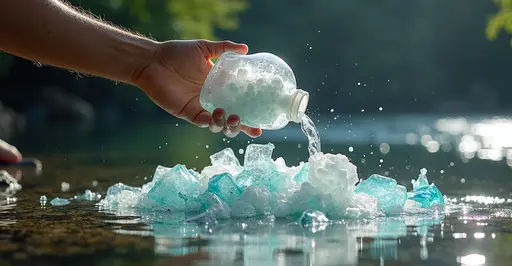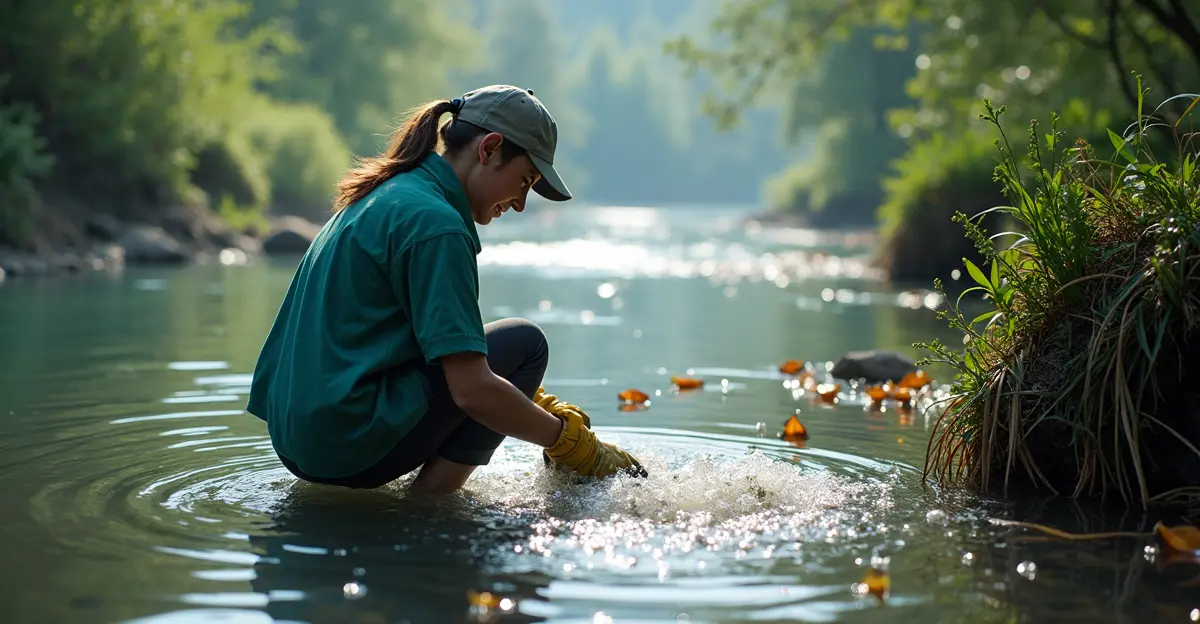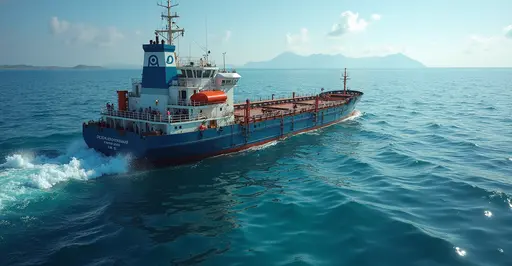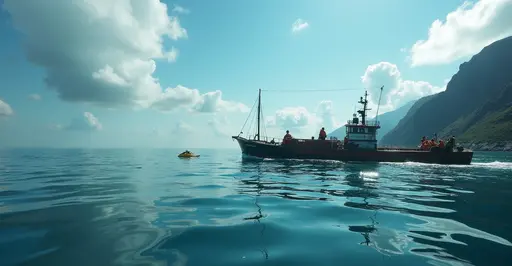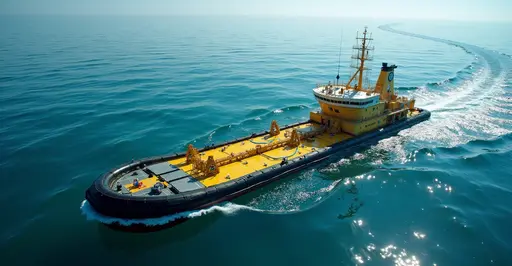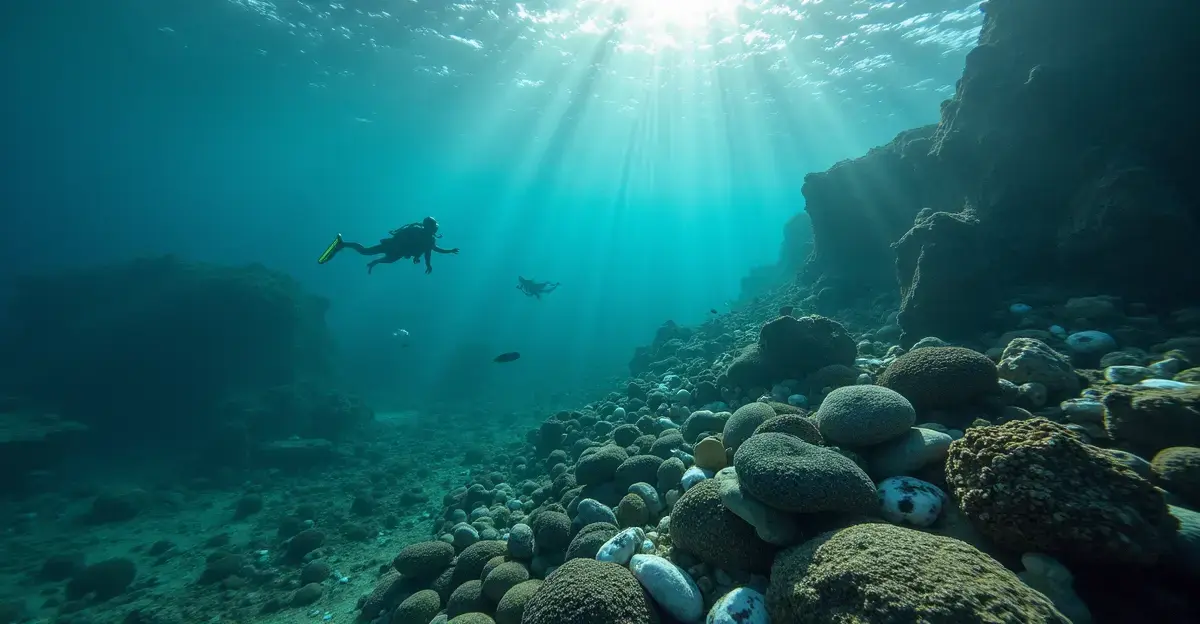New Tech Tackles Tiny Plastic Pollutants
Innovative filtration systems are being deployed in rivers worldwide to capture microplastics before they reach oceans. These devices represent a breakthrough in fighting water pollution, as microplastics – particles smaller than 5mm – have become pervasive environmental contaminants. Originating from clothing fibers, cosmetics, and degraded plastic waste, these particles enter freshwater systems and eventually oceans, threatening aquatic life and human health.
Interceptor Technology in Action
The Ocean Cleanup leads deployment efforts with its family of "Interceptor" solutions tailored to different river conditions:
- Interceptor Original: Solar-powered systems in Malaysia, Indonesia, and Dominican Republic
- Interceptor Barrier: Floating U-shaped barriers in Jamaica's gullies
- Interceptor Barricade: Heavy-duty systems for flood-prone rivers like Guatemala's Rio Las Vacas
These devices collectively prevent plastic from entering oceans while providing data through real-time monitoring dashboards. Recent deployments include Interceptor 021 in Guatemala, designed specifically for extreme weather conditions.
Global River Crisis
Research shows just 1,000 rivers contribute 80% of riverine plastic pollution. The South China Sea study revealed microplastic concentrations up to 1.5 particles per cubic meter, with polypropylene and PET being most common. "Rivers are arteries carrying waste from land to ocean," states The Ocean Cleanup's research team. Without intervention, experts project ocean plastic could triple by 2040.
Partnerships for Impact
Successful implementation requires collaboration between:
- Local operators managing daily collection
- Governments providing permits and infrastructure
- Corporate sponsors funding deployments
Caroline Mahfood of Jamaica's GraceKennedy Foundation notes: "This project is a game changer for cleaning our harbors, showing what's possible when sectors unite."
Future Developments
Next-generation filters target smaller nanoparticles, while AI-assisted sorting improves recycling of captured plastics. With 20 Interceptors currently operational across nine countries, the goal remains intercepting plastic in 1,000 high-risk rivers by 2030. As microplastic regulations tighten globally, these technologies offer scalable solutions for freshwater protection.

 Nederlands
Nederlands
 English
English
 Deutsch
Deutsch
 Français
Français
 Español
Español
 Português
Português
